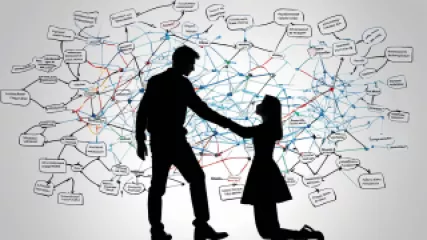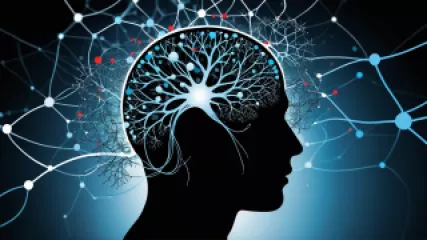My Journey with Cognitive Behavioral Therapy for Emotional Regulation
1 year ago
Emotional Regulation in Adults
Uncovering the Impacts of Childhood Trauma: A Research Summary
1 year ago
Childhood Trauma
How to Navigate Emotional Wellness During Life Transitions
1 year ago
Life Transitions
A Step-by-Step Guide to Managing Life Transitions for Personal Growth
1 year ago
Life Transitions
The Lasting Impact of Bullying: A Research Summary
1 year ago
Bullying Effects
Navigating Rejection: A Research-Driven Approach
1 year ago
Dealing with Rejection
My Journey with Psychiatric Medication: A Personal Story
1 year ago
Psychiatric Medication
Why Holistic Therapy Is Essential for Remote Mental Health Support
1 year ago
Holistic Therapy
Understanding the Psychology of Self-Deception
1 year ago
Understanding Self Deception
Navigating Adolescent Mental Health Challenges: A Step-by-Step Guide
1 year ago
Adolescence Issues
My Journey to Find Inner Peace Through Nature
1 year ago
Benefits of Nature
How to Cultivate Joyful Self-Improvement in Your Life
1 year ago
Psychology of Joy
The Dangers of Self-Deception: Why We Must Confront Our Biases
1 year ago
Understanding Self Deception
10 Effective Strategies to Address Adolescence Issues for Better Teen Mental Health
1 year ago
Adolescence Issues
10 Proven Strategies to Manage Chronic Stress for Mental Wellness
1 year ago
Managing Chronic Stress















